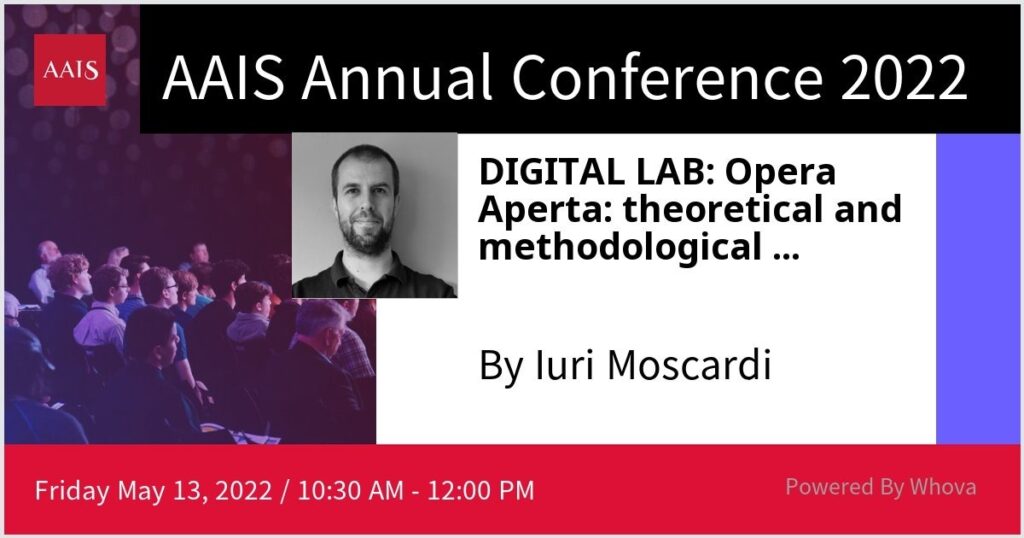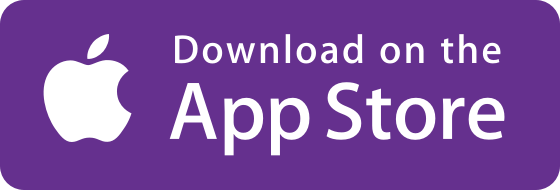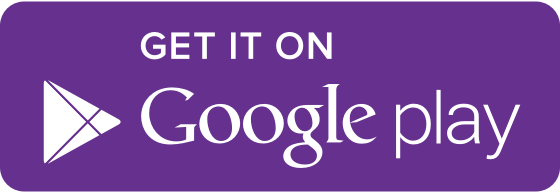Iuri Moscardi’s account from the digital lab “Opera Aperta” held on 13 May 2022, during the annual conference of the American Association of Italian Studies.
Social reading on Betwyll was the subject of a digital lab during the latest conferenza annuale dell’AAIS (America Association of Italian Studies), the association of scholars from American universities who focused their research and teaching on Italian culture (language, art, music, history, film, literature, folklore, and popular culture), promoting its study through an interdisciplinary approach.
The digital lab “Opera Aperta: theoretical and methodological approaches to digital art and literature” organized by professor Valeria Federici (University of Maryland) took place online on Friday, 13 May 2022. Along with me – currently centering my PhD research in Comparative Literature at CUNY (New York) upon the digital social reading of Betwyll and TwLetteratura, which I took part in – the digital lab hosted professor Emanuela Patti (University of Edinburgh) and professor Massimo Riva (Brown University).
The topic: opera aperta
Professor Emanuela Patti introduced the topic of the lab, namely the concept of opera aperta(open work), starting from her latest book Opera aperta. Italian Electronic Literature from the 1960s to the Present, recently published. This concept, elaborated by Umberto Eco in an essay with the same title in 1962, is the ideal starting point for the analysis of electronic literature in Italy. According to the author, electronic literature in our Country takes four shapes:
- combinatory literature, reassembling texts with computer (like Nanni Balestrini did with his Tape Mark I in 1961, written with an IBM computer);
- kinetic and interactive poetry, taking advantage of animation software like Adobe Flash;
- hypertext fiction, created before the advent of the Web but later developed as an interactive multimedia genre thanks to videogames;
- network writing that includes new narrations, such as blogging and micro-blogging, but also intermedia genres born at the intersection of digital platforms and printed books, such as twitterature, novels generated from blogs or social network, and augmented and virtual realities.
From theory to practice: TwLetteratura and Betwyll
In this framework, I presented the method upon which TwLetteratura and Betwyll’s digital social reading experiments rely. After providing a definition of what social reading and digital social readingare, I showed the theorical background and the results obtained so far in the education sector, in Italy and abroad. A questa presentazione è seguita una fase pratica in cui abbiamo letto e commentato su Betwyll tre testi usando lingue diverse: i classici della letteratura europea di Social Reading Hugs Europe, progetto di TwLetteratura con European Cultural Foundation e Fondazione Cassa di Risparmio di Torino, in italiano e inglese; Cosima (1936), l’ultimo romanzo scritto da Grazia Deledda (Nobel per la Letteratura nel 1926), in italiano; e Lettere d’una viaggiatrice (1908) di Matilde Serao, in italiano, in anteprima per i partecipanti.
All the twylls produced showed how digital social reading allows to identify with the text: their authors expressed, in these very short comments, what the reading of the text inspired in them.
Twylls as modern marginalia
Finally, during the last Q&A session, Paolo Costa – Betwyll co-founder
and professor at Università di Pavia – pointed out that the academic research on
digital social reading is still in its early stage, and will lead to relevant results in many different fields.
AAIS digital lab proved to be an excellent occasion to present the methodology upon which Betwyll relies, analyzed in the broader context of the digital artistic production. The opera aperta is open because it has multiple meanings: thanks to digital social reading practices, everybody can grasp and express their own, contributing to the entire sense of the work.


